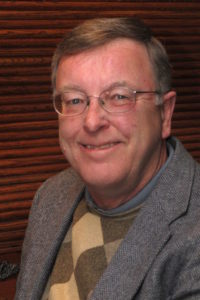 A first draft is great, but seldom good enough.
A first draft is great, but seldom good enough.
by Andy Scheer
The author’s eagerness shone through his email. He’d just finished a manuscript, a 40,000-word nonfiction piece. He’d written it to encourage and inspire others in his occupation.
In two months, he’d attend a writers conference. He hoped I’d edit his manuscript — before the conference. To give me a sense of the project, he sent the first chapters.
I’d be happy to edit the manuscript, I said — in a few months, when the manuscript was ready. I pointed out some shortcomings that would be obvious to someone not too close to the project.
I pointed out shortcomings that would be obvious to one not too close to the project.
The paragraphs were dauntingly long. The writing was passive. Rather than take a personal approach and use illustrations, it dealt in general declarations. Instead of a conversation, it felt like a lecture.
I suggested two steps he could take.
- Test the manuscript with people in his target audience. They could let him know how well his presentation covered the topic. Just as important, he could ask if the style attracted them.
- Take advantage of opportunities at the writers conference to learn techniques to attract, hook, and keep readers.
By incorporating audience feedback and the advice of writing professionals, he could produce a draft that was finally ready for an editor’s touch.


